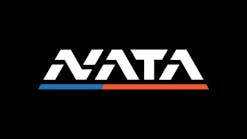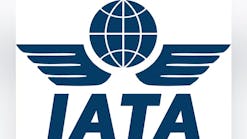Avfuel Helps Aviators Hedge Amidst Market Volatility
It’s a question Avfuel’s experts have received with increased frequency of late: How can today’s volatile market be managed?
The simple answer is to plan. The most effective solution is to hedge against price uncertainty; a solution Avfuel provides to its customers through its Price Risk Management Program.
When Avfuel introduced the program at the end of 2020, the industry was experiencing 10-year lows on fuel prices; as analysts anticipated at the time, prices have continued to rise to exceed pre-pandemic levels. Analysts do not anticipate a letup anytime soon—Goldman Sachs recently projected crude oil to exceed $125 per barrel over the next few months.
“It is expected to take a number of years for significant capacity to come online, relieving the strain on oil prices,” said Avfuel Corporation’s Muneeb Ahmed, director of trading and logistics. “For this reason, we continue to advise customers to look into Avfuel’s Price Risk Management Program. While fuel prices are high, we anticipate they’ll continue to rise. With a one-year fixed forward price agreement, Avfuel can actually offer its customers a fixed price that is below current market values, saving customers money while providing stability.”
Fixed forward pricing (FFP) is one solution in Avfuel’s Price Risk Management Program. As a simple solution to mitigate financial risks, an FFP agreement allows customers to buy a fixed monthly quantity of fuel at a fixed price over a specified period of time. This enables operations to stabilize cash flows and secure fuel costs; ensure margins and have confidence in budgeting; and benefit from price stability for 12 – 36 months.
Avfuel also offers capped pricing agreements in its Price Risk Management Program. As the ultimate price risk management solution, capped pricing agreements allow for no fixed minimum prices and no minimum volume commitments for a term of 12 – 24 months. As such, customers never pay more than their maximum fuel price, even when the market rises above it. But when the market dips below their capped price, the customer pays the lower price.
Both programs can be extended to include carbon offsetting and sustainable aviation fuel to help operators reach their emissions reductions goals.


